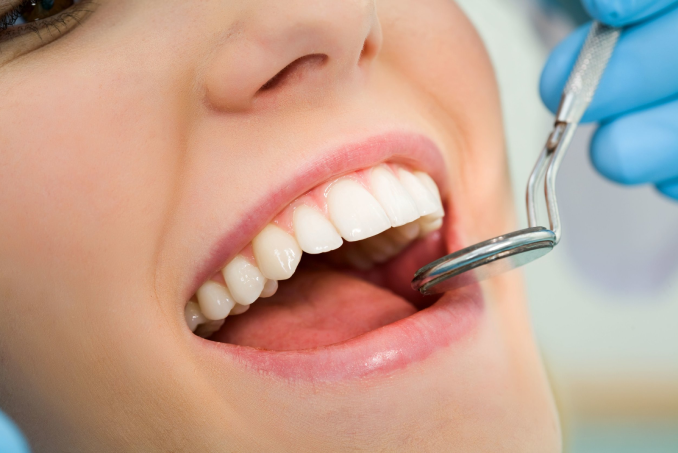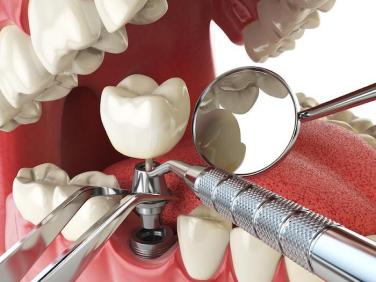UTAH DENTAL IMPLANTS SALT LAKE CITY
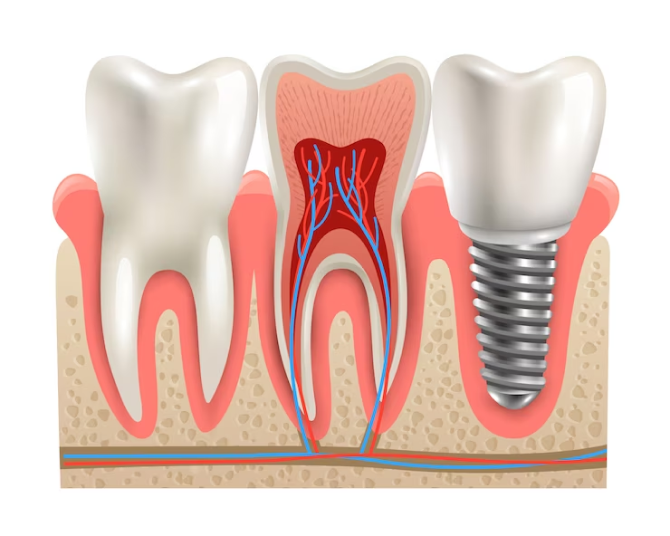
What are Dental Implants?
Salt Lake City Dental Implants
We’re proud to offer dental implants in Salt Lake City in addition to our South Jordan location. At Utah Periodontal Specialists, we believe that accessibility to quality dental care is essential, which is why we have expanded our reach to better serve the community.
Our Salt Lake City office is equipped with state-of-the-art technology and staffed with experienced and well-trained employees. This ensures that all our patients, receive great care and treatment.
Whether you reside in Salt Lake City or the surrounding areas, our convenient location makes it easier for you to access our specialized services. We understand that your time is valuable, and we strive to make your dental visits as efficient and comfortable as possible.
Salt Lake City Dental Implants Cost
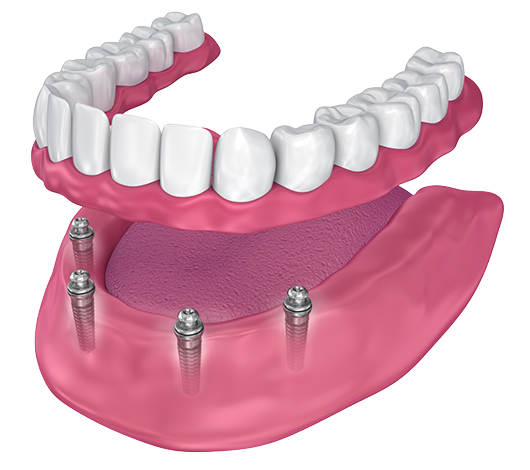
Types of Dental Implants
Dental implants come in a variety of types that have all been designed to cater to specific dental needs and conditions. Here are a few of the most common kinds of dental implants:
- Endosteal Implants: Endosteal implants are the most widely used type of dental implants. They are placed directly into the jawbone through a surgical procedure. These implants are typically made of titanium and have a screw-like shape. Endosteal implants are suitable for patients with sufficient bone density and are commonly used for single tooth replacement, multiple teeth replacement, or to support dental bridges and dentures.
- Subperiosteal Implants: Subperiosteal implants are an alternative to endosteal implants, especially for patients who have inadequate bone height or volume for traditional implants. Instead of being placed inside the jawbone, subperiosteal implants sit on or above the jawbone but beneath the gum tissue. A metal framework is used to support the prosthetic teeth, providing a stable foundation for the replacement teeth.
- All-on-4 and All-on-6 Implants: All-on-4 and All-on-6 implants are designed to replace an entire arch of missing teeth (upper or lower) with just four or six strategically placed implants, respectively. These implants are usually tilted to maximize contact with the available bone, allowing for immediate loading and the attachment of a fixed dental bridge or denture on the same day of the implant surgery. This approach is beneficial for patients who require extensive teeth replacement or have experienced significant bone loss.
- Mini Dental Implants (MDIs): Mini dental implants are smaller in diameter compared to standard implants. They are suitable for patients with limited bone density or those who prefer a less invasive procedure. Mini implants are often used to stabilize dentures and can be placed with less complex surgery and a quicker healing period.
- Zygomatic Implants: Zygomatic implants are specialized implants used when patients have severe bone loss in the upper jaw, making traditional implant placement challenging. Instead of being placed in the jawbone, zygomatic implants anchor into the cheekbone (zygomatic bone) to provide a stable foundation for the prosthetic teeth
I love coming here! I know that’s a totally funny thing to say about a place where you get work done on your teeth. In all honesty though, everyone here is so friendly and professional. They make you feel welcome and comfortable. I’ve never had a bad experience and I’ve been coming here for years. I’ve seen the same hygienist and she’s always so kind and helpful. She offers advice on how I can clean my teeth better. You can tell she not only cares about her job but about the clients she sees as well!
How to Decide Which Implant to Get
How to Know if You’re a Good Candidate for Dental Implants
Determining if you’re a good candidate for a dental implant in Salt Lake City involves a few important considerations:
- Enough Bone Density: Dental implants require an adequate amount of healthy jawbone to provide a stable foundation. A bone density assessment will be conducted through X-rays to ensure that your jawbone can support the implant.
- Good Current Oral Health: Candidates for dental implants should have overall good oral health, with healthy gums and no active gum disease or infections. If any oral health issues are present, they will need to be addressed before proceeding with the implant procedure.
- No Uncontrolled Medical Conditions: Certain medical conditions, such as uncontrolled diabetes or autoimmune disorders, may affect the success of dental implants.
- Non-smoker or Quitting: Smoking can hinder the healing process and increase the risk of implant failure. Ideally, candidates should be non-smokers or willing to quit before and after the implant procedure.
- Age Consideration: While age itself is not a determining factor, candidates should have finished growing, typically around late adolescence or early adulthood, before getting dental implants.
The Dental Implant Process:
Before: The process of getting dental implants in Salt Lake City starts with a consultation with one of our skilled dentists or oral surgeons. During this phase, your oral health will be assessed, and X-rays may be needed to evaluate your jawbone’s health and determine your candidacy for the procedure. Your dentist will explain the treatment plan, address any questions you might have, and give you details about the expected results.
During: The dental implant procedure generally consists of several stages. Initially, a titanium implant post is surgically inserted into the jawbone beneath the gumline. This is followed by a healing period, typically lasting a few months, during which osseointegration takes place, allowing the implant to bond with the surrounding bone. Once integration is complete, an abutment is attached to the implant, connecting the post to the prosthetic tooth. Finally, a custom-made dental crown, bridge, or denture is secured to the abutment, finalizing the restoration.
After: Following the dental implant procedure, it’s crucial to adhere carefully to your dentist’s post-operative care guidelines. This involves taking any prescribed medications, practicing good oral hygiene, and attending all scheduled follow-up visits. Monitoring the healing process closely is essential to verify the successful integration of the implant with the jawbone.
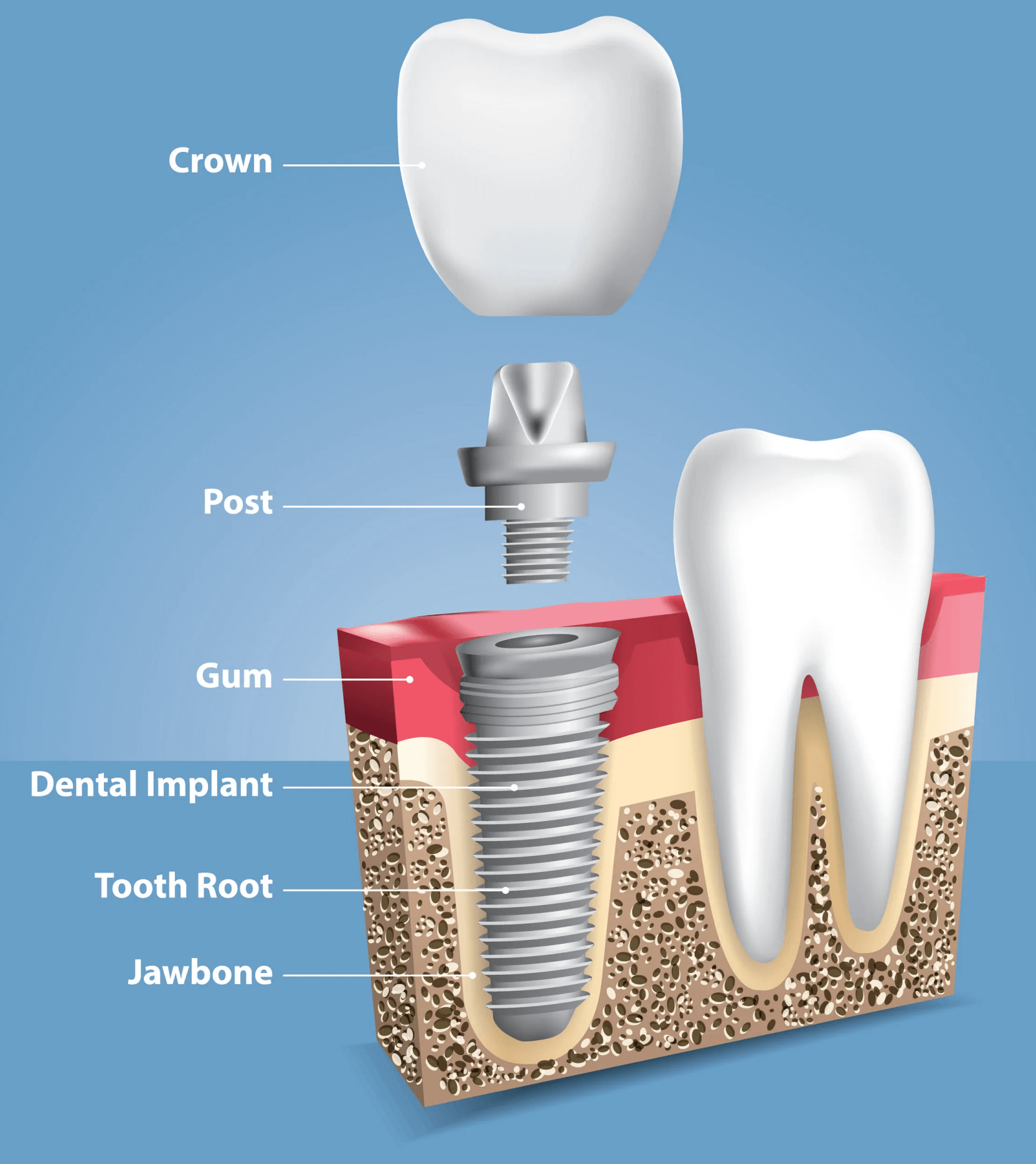
Salt Lake City Dental Implants Types of Materials
When it comes to dental implants, several materials are commonly used to create the implant post and the prosthetic tooth or crown. The two main types of materials used for dental implants are titanium and zirconia.
- Titanium Dental Implants: Titanium is the most widely used material for dental implant posts. This is due to its biocompatibility, which means it is well-tolerated by the human body and does not trigger adverse reactions or cause allergies. Titanium implants have a high success rate and can integrate well with the jawbone through osseointegration, providing a stable and long-lasting foundation for the prosthetic tooth.
- Zirconia Dental Implants: Zirconia dental implants have gained popularity as an alternative to titanium implants. Zirconia is a ceramic material known for its strength and natural tooth-colored appearance, making it an attractive choice for patients who prefer metal-free dental restorations. Zirconia implants are especially suitable for individuals with metal allergies or sensitivities. However, it’s essential to note that zirconia implants may not have the same level of osseointegration as titanium implants, and they may require more careful consideration when selecting the appropriate case.
Why Choose Us for Your Salt Lake City Dental Implants?
